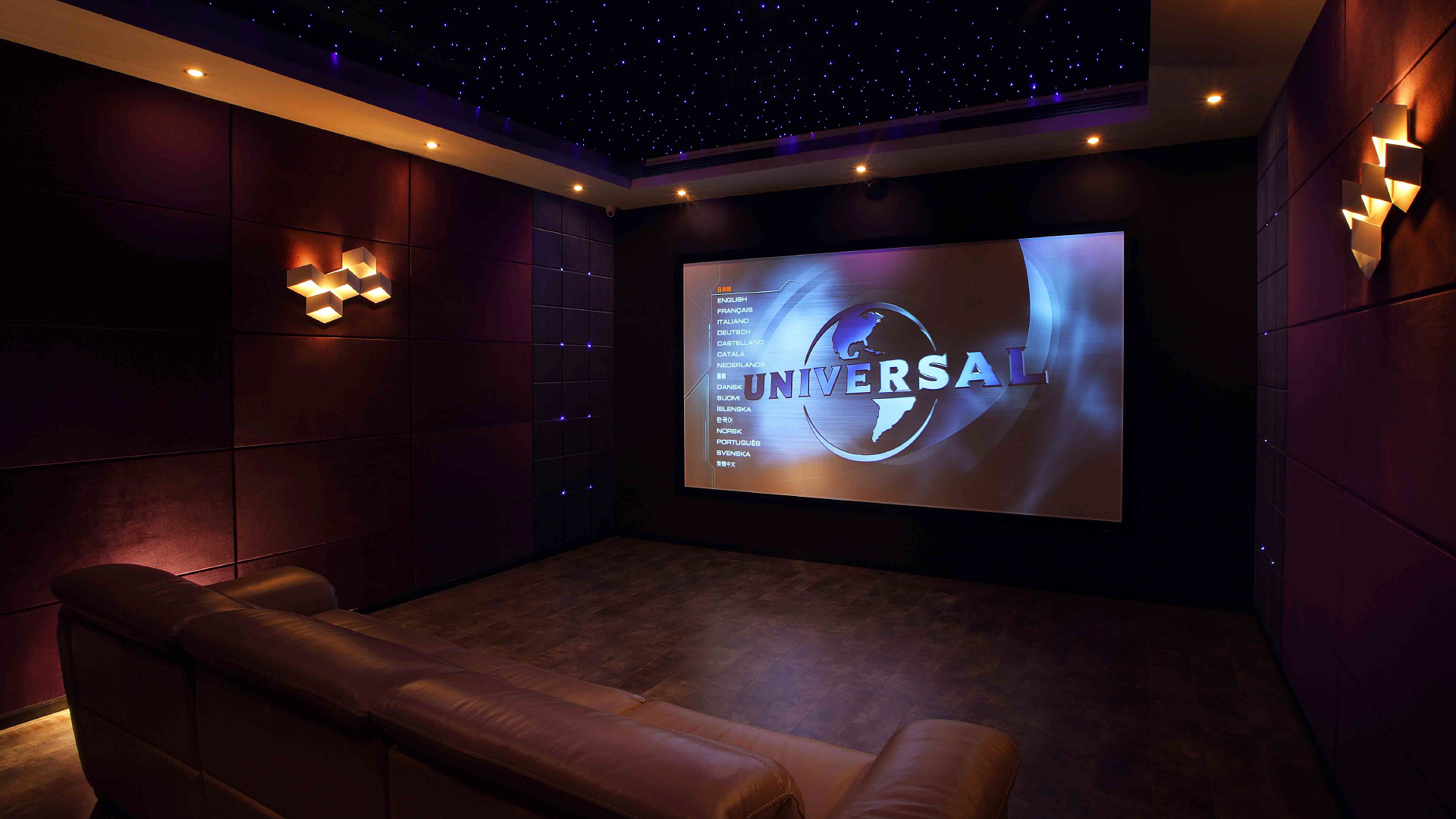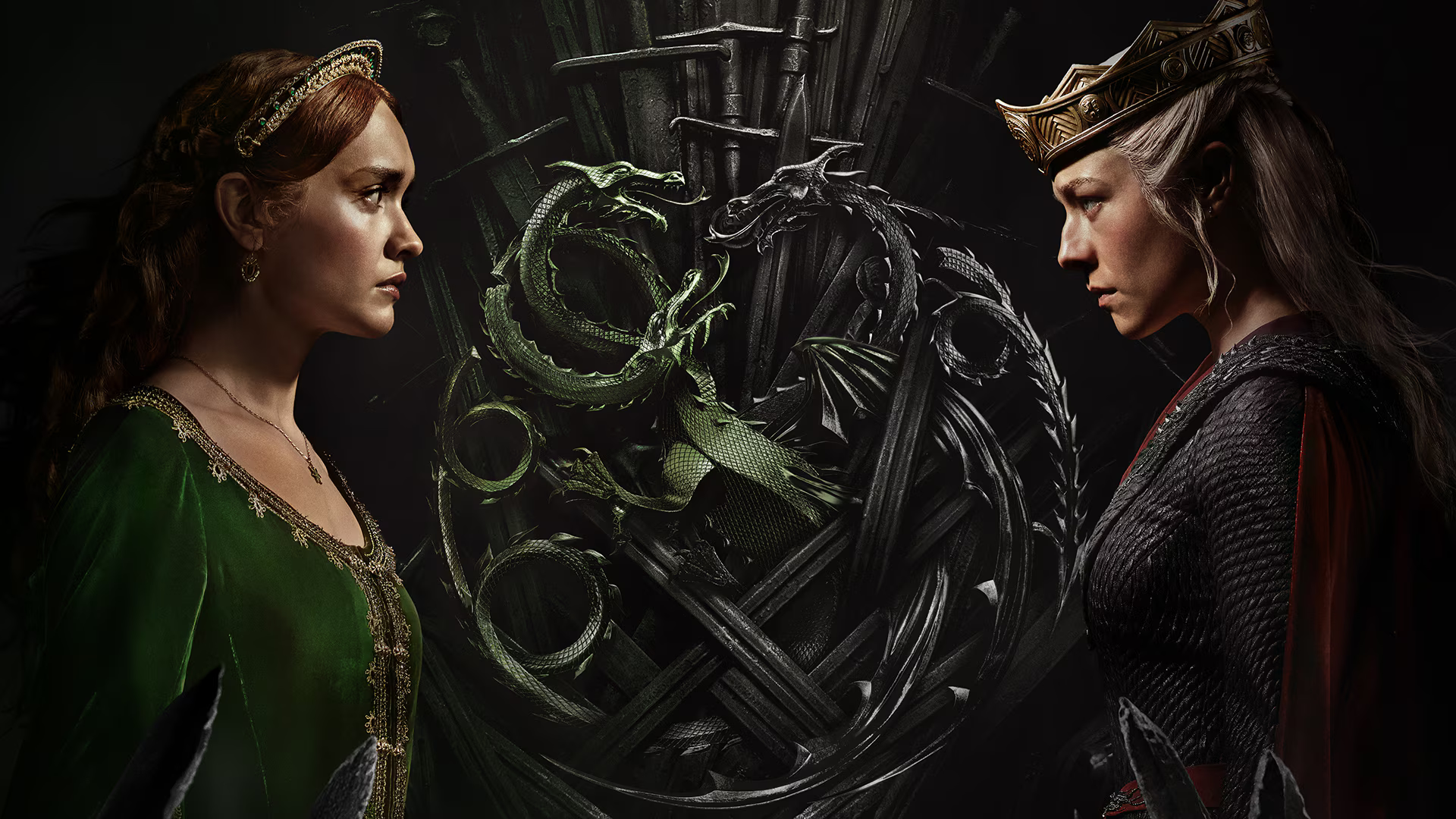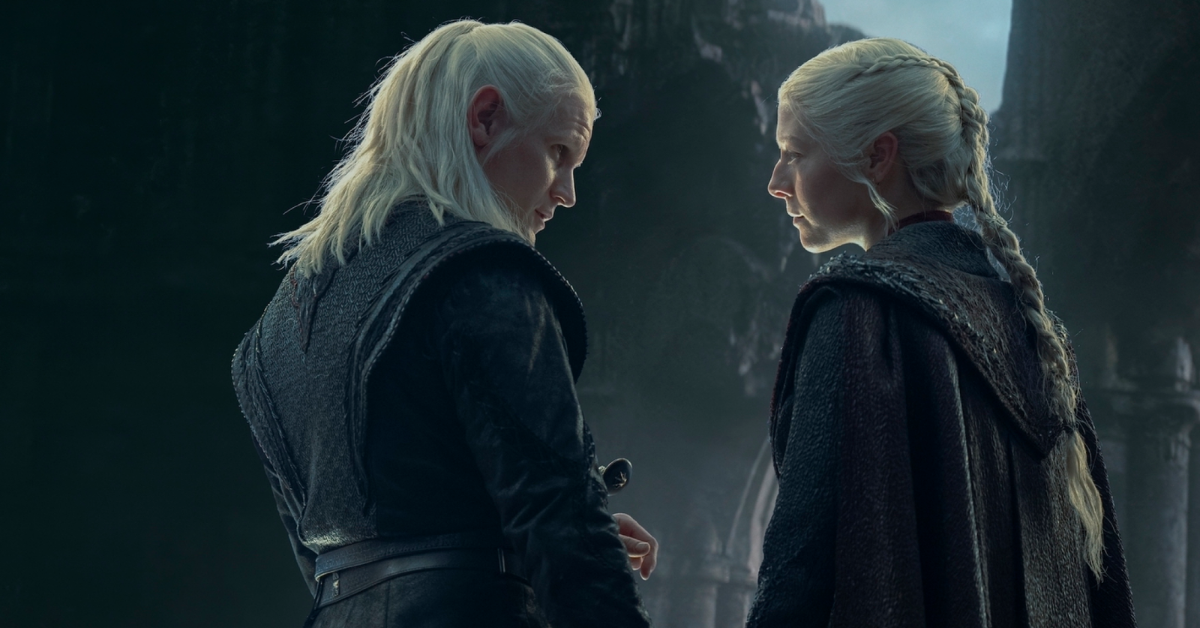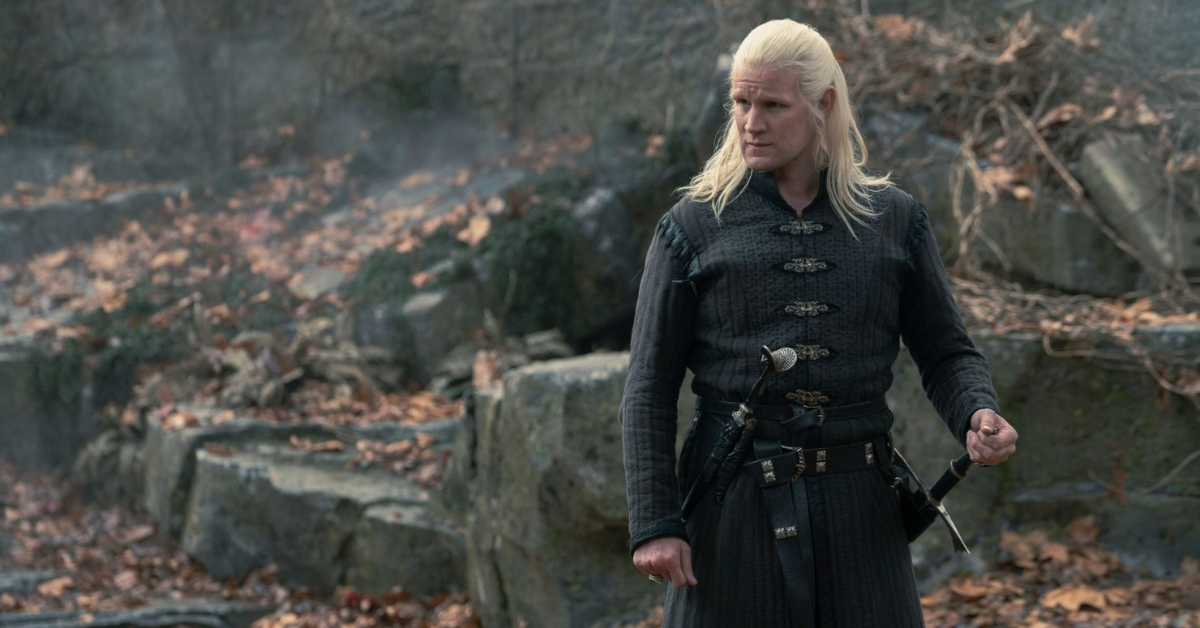Disclaimer: this is a highly political post. Eye Protein has always been politically committed and is more explicitly politically engaged than other areas of the site.

“It’s December 1941 in Casablanca right now, what time is it in New York?”
The world is changing, I can feel it in the air… No, I am not picking that film. But, The Lord of the Rings Trilogy bears a certain valence with how I feel in the wake of Donald Trump’s rise to power. All of those who voted for Trump or who are getting on board with the “live and let live…smooth transition of power…let’s demonstrate the robustness of American democracy” neoliberal wuss-fest probably should stop reading now and for the next few weeks (we have lots of less politically-inflammatory stuff all across this great network and I recommend you browse there).
For the rest of us, the resistance begins now. Cinema is one of the greatest tools of subversion in the arts. So, here’s an ongoing series about how to fuel your anger, avoid complacency and slowly indoctrinate your friends.
We begin by going to Casablanca.

Sure, there are lots of experimental/art/avant-garde films that are all about resistance—and we will be examining several of them. But, Michael Curtiz’ Casablanca is full of the crowd-pleasing, noir smoke-filled goodness that will be both motivating and entertaining. It’s a film about a man who has done everything he can. He strives to avoid taking sides against fascist oppression and arrives at the conclusion that evil wins when good people do nothing. This seems like a timely message.
Historically, this is a WWII propaganda film against American isolationism. It is also an allegory about the moral imperative to stand up against tyranny. At the earliest points in the film, Rick would consider himself to be amoral. The clear thrust of the film is that this kind of amorality is fundamentally immoral. Because this is a Classic Hollywood film, it’s the power of love that motivates Rick. We can set that aside for this illustration. The demands of the Hollywood system require that kind of dual plot about heterosexual romance; however, the film’s subtext is one in which inactivity is correlated with collaboration.
“The problems of two people doesn’t amount to a hill of beans.”
Louis Renault’s arc is the real story for me. He’s just trying to make it by. And if the wind is blowing from Vichy, that’s where his loyalties lie. Throughout the course of the film, he is compromised. And, he learns that such a position is untenable. The film declares in no uncertain terms that you cannot look the other way. You cannot avoid taking a side. Nonresistance is endorsement.
It’s all about Rick and Louis’ privilege. They don’t have to take a side and can live quite comfortably. However, millions will continue to suffer. Refugees die. To do nothing is to offer silent approval. The key moment in the film is the singing of “La Marseillaise”—the French national anthem. The Nazi’s lose in that moment as the bar drowns out the German national anthem. The rest of the film is really just denouement of that decision.

If there ever was a film that was fundamentally about taking a side and getting active, it’s Casablanca. It may be hard, unpopular and at times dangerous, but resisting evil is the only moral thing to do. Stand up and be counted. Let your opposition be known.
Form a beautiful friendship with me, and the rest of the crew at GoodTrash Media, and play it again.
Dustin Sells is studying for a PhD in Screen Studies at Oklahoma State University. Sometimes he gets some sleep. Check out Dustin’s most recently viewed films on Letterboxd @DustinSells or follow him on Twitter @dustin_sells or follow him on Twitter




Leave a Reply